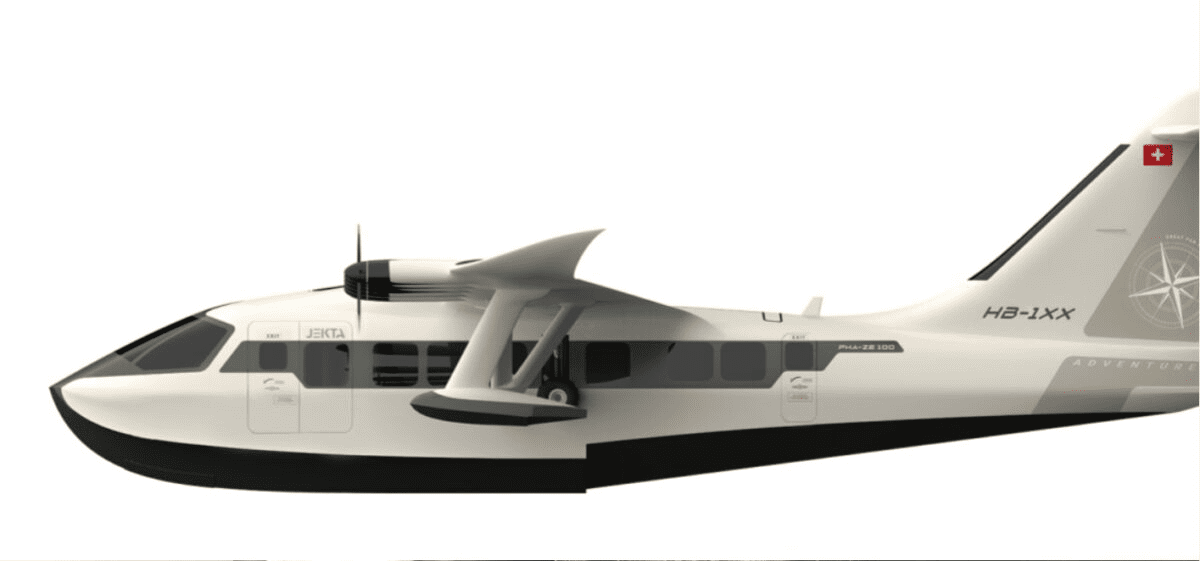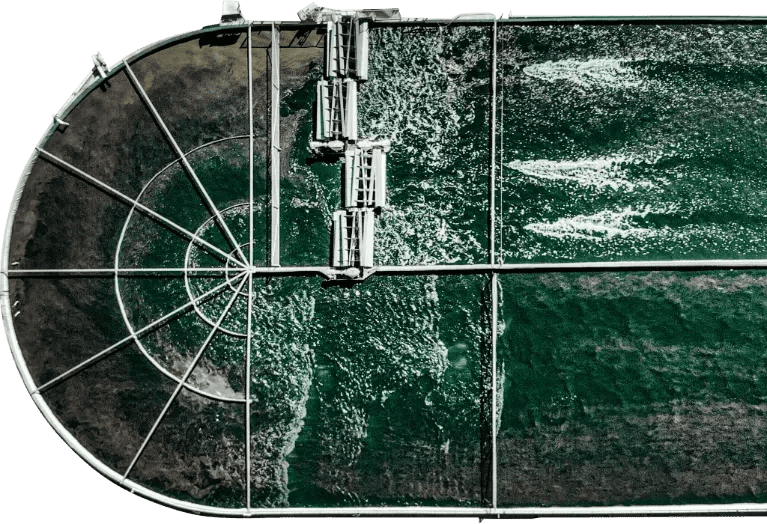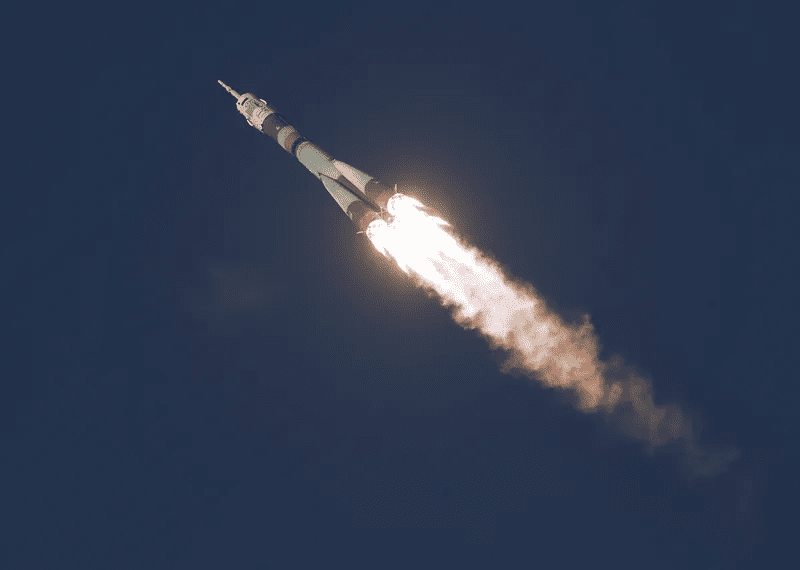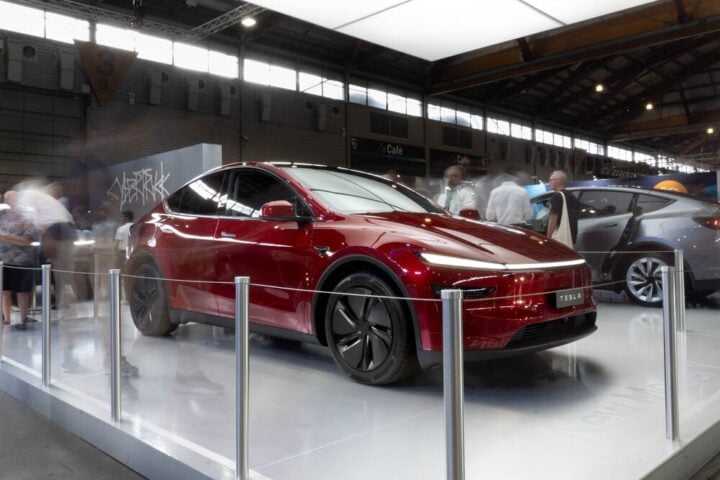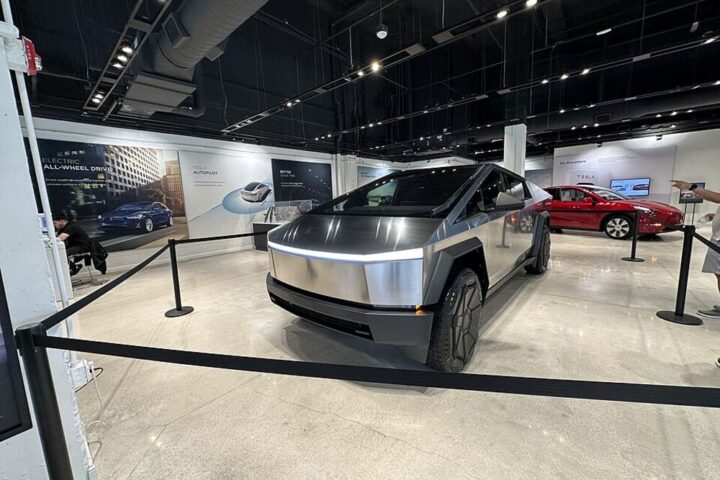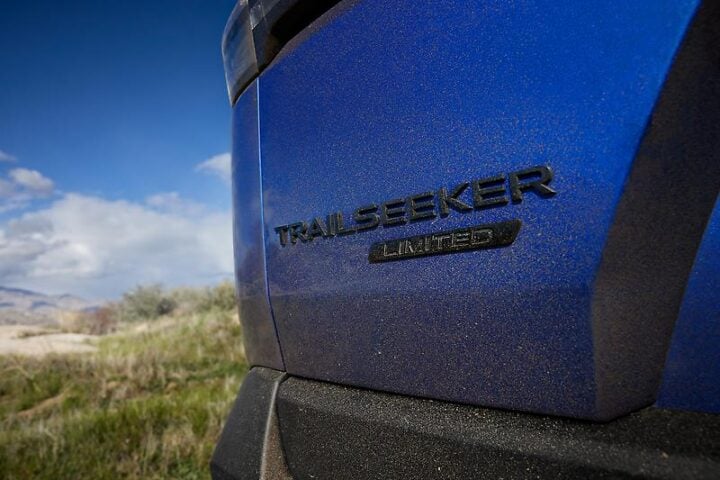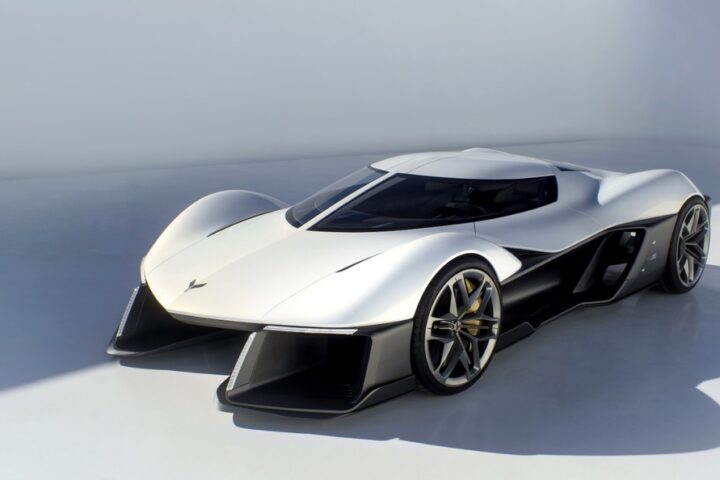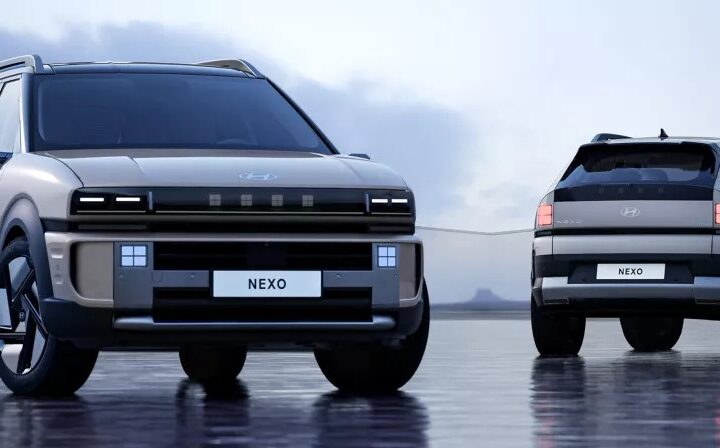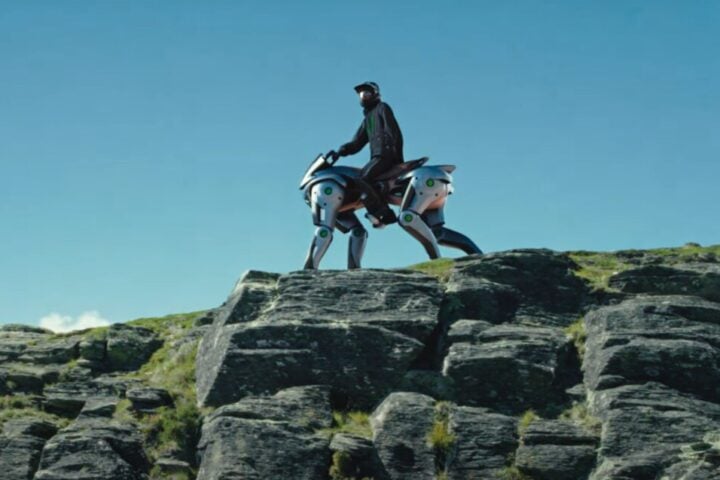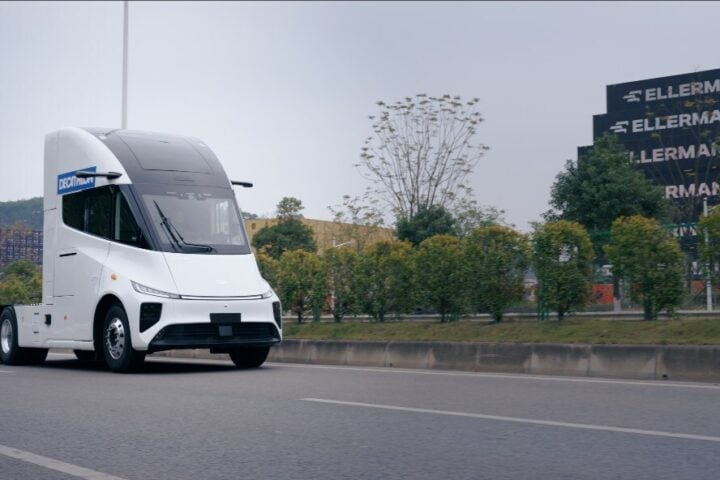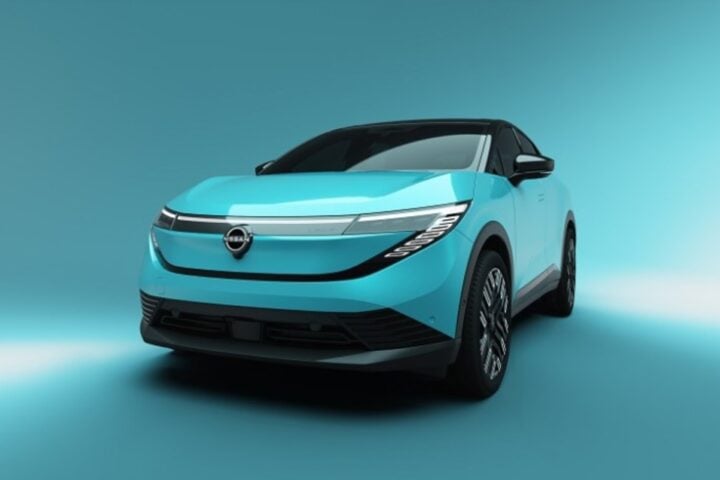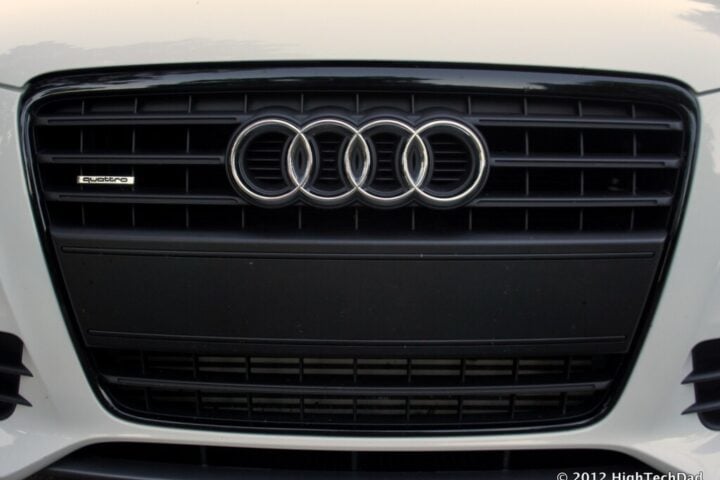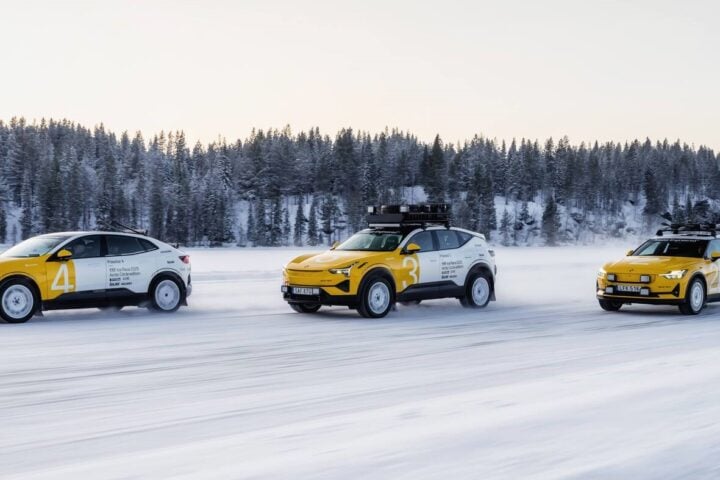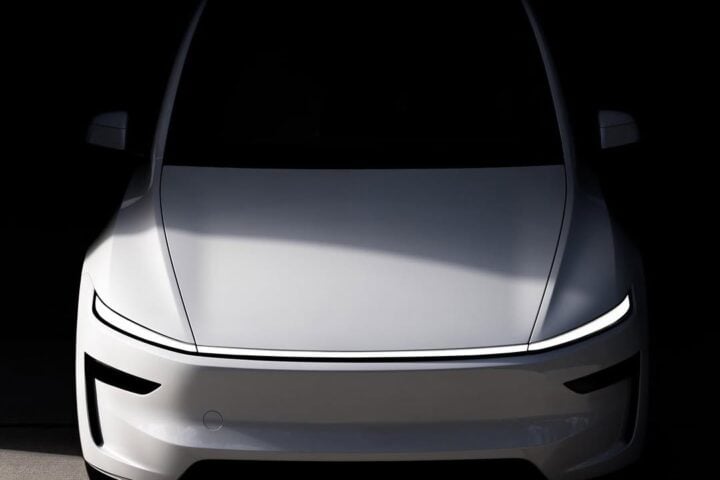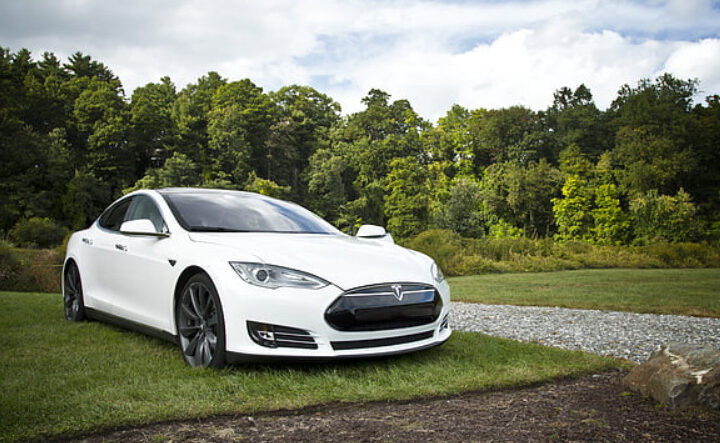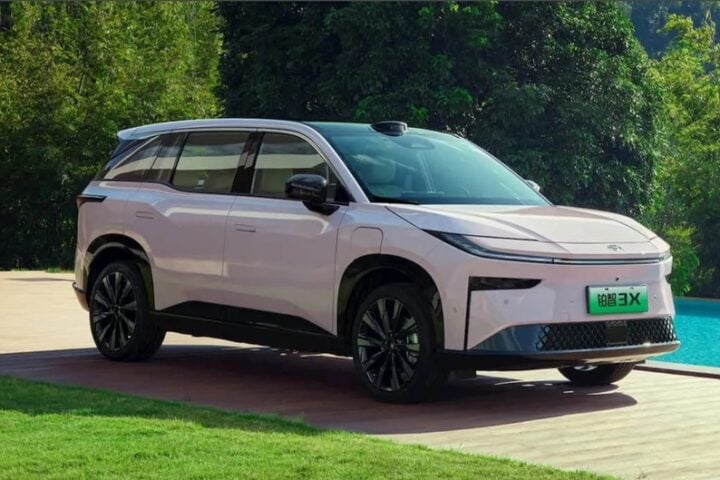A Swiss company, Jekta, is developing an all-electric seaplane that can land on water, allowing it to carry commuters across archipelagos. Help transport visitors to remote locations, and operate emergency services, all while emitting no pollution. The Jekta PHA-ZE 100 is short for Passenger Hydro Aircraft Zero Emission 100. It can travel up to 100 miles at 10,000 feet, and has seven configurations for operability to meet different needs. The variants include a 19-passenger economy jet, an executive layout with premium and economy seats, and the VIP model, which features a salon with couches and seats as spacious as a Boeing 777 business class ticket. The all-electric seaplane can also play the role of an ambulance or cargo carrier in hard-to-reach locations.
According to Jekta’s founder, Alafinov, the PHA-ZE 100 is subtle on the environment because electric planes are quieter and cleaner, and water takeoffs and landings eliminate the need for new airport infrastructure. Island dwellers can now reach the city center in just 10 minutes, compared to 40 minutes by boat. Jekta is aiming for a 45-minute charge time, which requires high-voltage technology that is still in development and will need to future-proof the seaplane for at least 30 years.
Even if electric cars are gaining popularity due to environmental concerns and rising gas prices, the PHA-ZE 100 is a significant and very challenging undertaking that opens new possibilities for ecological and affordable air transportation. Jekta is planning to introduce different models, including commercial flights and a VIP model, and is also considering hydrogen power as an alternative to battery-electric technology. Hydrogen power can allow the plane to fly longer distances. The seaplane’s design places the batteries in the wing, enabling battery replacement without the need for a new aircraft. Jekta’s vision will enable a new era of possibilities for ecological and affordable transportation around the world.
